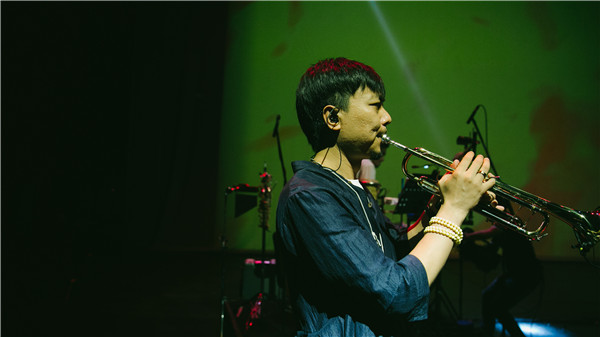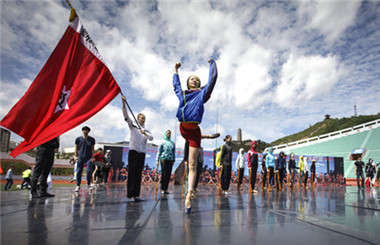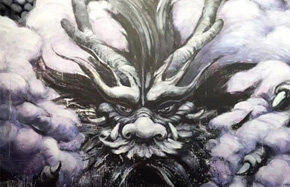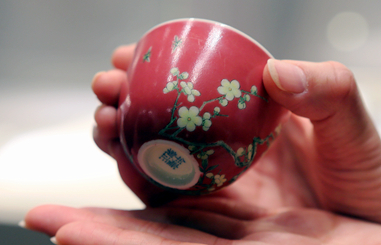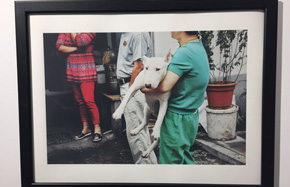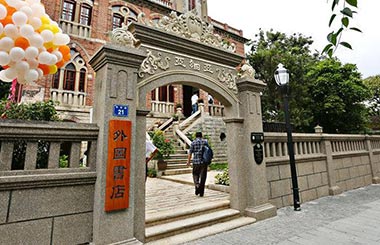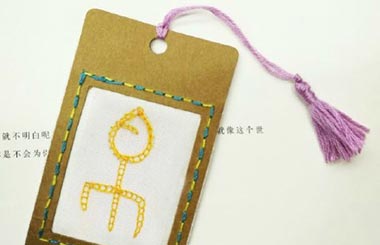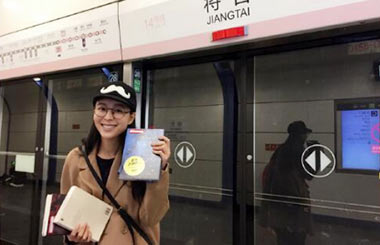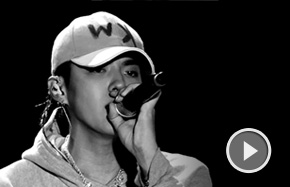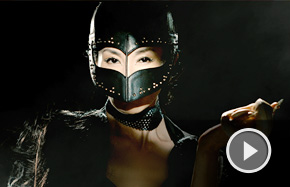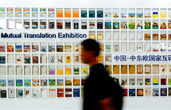Music producer Chen Weilun takes delight in mixing genres
"We made a long list of traditional Chinese operas and folk music that we wanted to give a modern twist to. I selected Kunqu Opera as the first, because it's one of the oldest Chinese operas and I like the slow, mellow sounds of its songs," says Chen of the project's beginning.
But the chemistry between Kunqu Opera, dating back to the Yuan Dynasty (1271-1368), and modern instruments like drum and bass, didn't turn out to be as good an experiment as Chen had expected. The ancient Chinese opera has distinct melodic patterns, structures and rhetoric systems, which took a long time to fit into the mix.
"There were many moments when I was in the studio with the musicians and thought, 'Actually, that doesn't work, let's try something else,'" says Chen.
It wasn't easy to tune the diverse sounds together but he wanted people to get a sense of the process through live acts by the musicians.
Last year, Chen released the first album of the project, which includes his renditions of six pieces of Kunqu Opera such as The Peony Pavilion, by Tang Xianzu (1550-1616), a Ming playwright.
When Chen premiered the show at Beijing's Tango Club last year, more than 1,000 people packed the small venue, which usually holds shows of indie rock bands.
Besides playing the trumpet there, Chen also walked among the crowds whose feedback encouraged him, he says. Online reviews of the show were mixed, with some fans of Chinese operas not happy with the adaption of the traditional art form.
"The feedback made me want to try more. What I want to do now is to get the attention of young people. I hope they can learn more about the old performing arts," says Chen.
Shi Xiaming, 31, who was born in Suzhou and started learning Kunqu Opera at age 14, joined China Music House performances last year. He says Chinese operas face the challenge of attracting young audiences.




